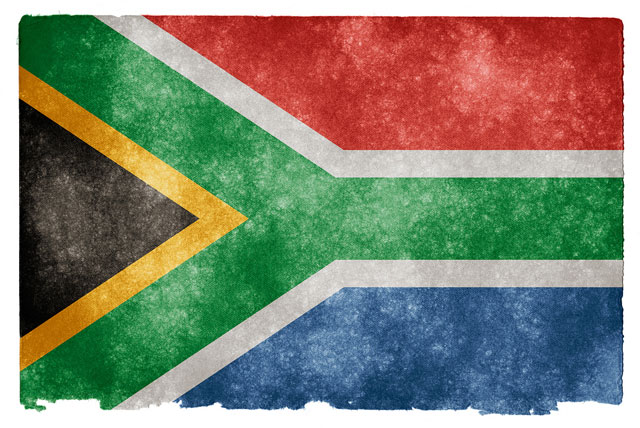
Last year was a particularly bad one for South African millionaires, according to the latest South Africa 2016 Wealth Report by New World Wealth.
The number of these so-called high net worth individuals (HNWI) declined by 18% during 2015 — from 46 800 at the end of 2014 to 38 500 at the end of 2015. HNWIs are defined as people with net assets of US$1m (about R15m) or more. For the purposes of the report, local HNWIs included all individuals living or working in South Africa, including expats.
According to Andrew Amoils, head of research at New World Wealth, the decline in numbers was mainly due to poor economic conditions in South Africa. The rand depreciated by 25% against the dollar and the JSE was down by 22% in dollar terms during the year. A significant number of HNWIs also left the country.
Based on its 2015 migration survey, New World Wealth estimates that South Africa lost just over 950 millionaires to emigration in 2015. Of the ones that left, 36% went to the UK, 15% to Australia, 11% to the US, 8% to Canada, 5% to Mauritius and 4% to Israel.
According to the survey, the top reasons for HNWIs leaving South Africa are financial concerns; the inability to deal with changing social dynamics; concerns for their children’s future, including education; crime; black economic empowerment requirements; and concerns that someone in the family might contract HIV/Aids.
As part of the latest wealth report, New World Wealth created a scorecard of the main factors that encourage wealth creation in a country. These factors include strong ownership rights; strong economic growth; a well-developed banking system and stock market; free and independent media; a low level of government intervention; low income tax and company tax rates; ease of investment; and a low level of trade union involvement.
On the scorecard, South Africa achieved an overall 4/10. On strong ownership rights — the most critical component of successful wealth creation globally — South Africa scored 4/10, while economic growth was rated at 3/10.
Amoils said arguably the largest problem in South Africa is the level of government intervention. The country scored a mere 2/10 for low level of government intervention, according to the report, because “the ANC government increasingly tampers with the business sector”.
Ongoing issues include government-owned monopolies such as Eskom, BEE ownership and compulsory affirmative action, which “create large inefficiencies within the economy”.
South Africa also did not score well in the categories of low income tax and company tax rates (1/10) and ease of investment (2/10). For low level of trade union involvement, it scored a mere 1/10.
Amoils said this is because South Africa’s unions have become increasingly active over the past five years, which has driven up wages and pushed up unemployment and inflation. It has also resulted in the closure of several mines and discouraged new business formation. Postal and platinum strikes lasted almost five months, for example.
On the other hand, the country scored 9/10 for its banking system and stock market and 8/10 for its free and independent media, “preventing government from getting away with wrong-doing and setting South Africa apart from most other African countries”.
The report highlighted certain risks for the country. These include a rising level of government regulation in the business sector; a rising number of strikes and labour action over the past few years, which especially impacted heavily on the mining and utilities sectors; and the HIV epidemic — it is estimated that 22% of the adult population is HIV positive.
Government corruption and inefficiency, specifically relating to tenders and personal expenses, is seen as risky for the country as well. Other risks are the unemployment rate, which exceeds 24%; a relatively high crime rate, which deters foreign investors and tourists; and the rising level of emigration of wealthy people out of the country. Amoils said the same thing occurred in Zimbabwe just before it collapsed.
Student protests, the collapse in commodity prices and the current electricity crisis are more risks highlighted in the survey.

